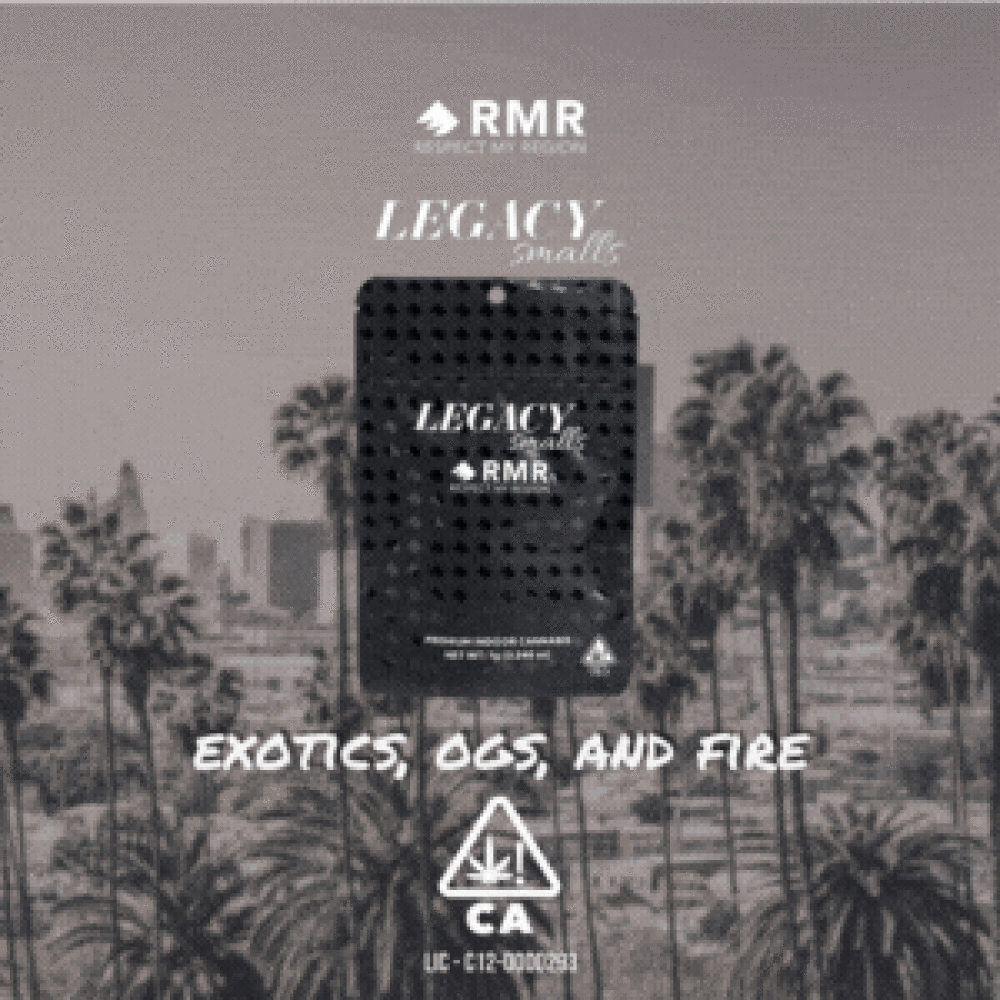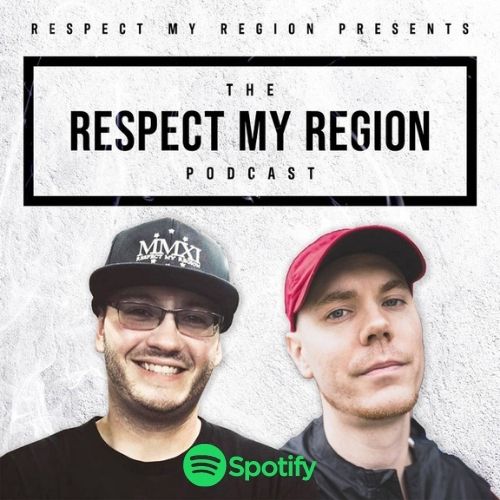A transcription from a Washington State Liquor and Cannabis Board (WSLCB) executive meeting indicates amnesty proposals were discussed to solve one of Washington State’s I-502 recreational marijuana industry’s widespread problems, hidden ownership and financing of 502 licenses. The conversation was between several members of the WSLCB board, the members mentioned by their first names only: Justin, Becky, Ollie, Russ, Jane, Peter, and Rick.
Hidden ownership deals with issues regarding the financing of Washington State’s I-502 producer, processor, and retail licenses and then using that position as a financier to illegally acquire and manage those licenses. Washington Administrative Code for the 502 industry explains several official ways to become a “party of interest” for a 502 license. People of interest include financiers, sole proprietary owners, spouses of owners, business partners, people who exercise business control and people who own majority stakes in publicly or privately-owned companies. All of these parties are vetted and investigated by the WSLCB to ensure the parties of interest pass a federal background check and to ensure funds were raised in the state by legal means. Only vetted parties of interest can control daily business operations and interests.
The funds to pay for each license must be raised and acquired by methods approved by the WSLCB and must be raised within state money. Funds raised for 502 licenses can be illegal because: they came from a person not vetted by the WSLCB, the funds came from criminal activities, or the number of investment funds reported to the WSLCB is wrong either because of dishonest actions or honest clerical errors.
According to the transcription, 502 hidden ownership amnesties were originally proposed because lawyers contacted the WSLCB about licensees who were scared to renew their licenses because their license or licenses were not in compliance with the finance and compliance laws, and they feared their licenses being canceled. The WSLCB is discussing amnesty or partial leniency as a way to get all un-compliant licenses compliant as soon as possible. The transcription also suggests that an amnesty/leniency policy will encourage self-regulation within the industry. The idea is that self-regulation will reduce the number of investigations into non-compliant licensees, which will save money and resources. In the transcript, it is admitted that the state currently doesn’t have the resources to solve this issue.
 A big goal of these proposed amnesty/leniency policies is to distinguish between the different types of non-compliant licensees. Some people made honest clerical errors, others don’t have the money to pay taxes or payroll for whatever reason. The financiers may have taken control due to improper management or use of funds, and some may be hiding criminals as parties of interest on the licenses. The WSLCB believes that investigation dollars and resources are better spent on people that are actively trying to game the system. They used the example of organized crime, suggesting organized criminal entities could be hidden parties of interest on 502 licenses.
A big goal of these proposed amnesty/leniency policies is to distinguish between the different types of non-compliant licensees. Some people made honest clerical errors, others don’t have the money to pay taxes or payroll for whatever reason. The financiers may have taken control due to improper management or use of funds, and some may be hiding criminals as parties of interest on the licenses. The WSLCB believes that investigation dollars and resources are better spent on people that are actively trying to game the system. They used the example of organized crime, suggesting organized criminal entities could be hidden parties of interest on 502 licenses.
“If we came out and said, hey, for this short period of time we’re going to give leniency, not necessarily amnesty, of some sort to get you into compliance, you still pay the fine, because it was intentional. That, most of this stuff, there’s going to be an element of intent behind it,” Justin said with the agreement of his peers, and continued, “but it’s to what degree? I mean, we’re not talking about giving amnesty to criminal organizations that are out there operating or somebody who’s got extensive criminal history and they’re hiding on the license because of that. This is legitimate, qualified people that didn’t do the paperwork right.”
The WSLCB is addressing the issue of hidden ownership and hidden financing, but the question is why are hidden ownership and finance schemes a widespread problem in the first place? Some reasons are more obvious than others.
Criminal Hidden Ownership
The most obvious is criminal organizations see a huge cash opportunity in an industry in its infantile stage that deals mostly in cash where regulation isn’t concrete. It’s easier to hide criminal activity and money in an industry that has only been legal for six years.
Monopolies
Others are taking advantage of these loose regulations and creating monopolies, to squeeze out the little guys that are taking advantage of the same loose regulations just to keep their noses above the swelling tide.
To Stay In Business
Some people have to commit these hidden ownership schemes to survive and prevent themselves from being squeezed out of the industry as tax or payroll debts stack up. For example – Tim needs $10,000 for an outstanding tax bill. Rob will lend Tim the $10,000, but Rob has an outstanding criminal record and if vetted, would be denied by the WSLCB as a financier. But Tim needs that money to pay his taxes and keep his license, so he takes the $10,000 from Rob and lies to the WSLCB about where the cash came from.
Financiers (An Investor) Protecting Their Investment
Others started as financiers and became parties of interest out of necessity. For example – Tim fronts Bob $100,000 for a cannabis retail license. After the first couple of years, Bob realizes Tim sucks at running a retail business and the license is in jeopardy of being revoked. Bob fires Tim and starts running daily operations of the business to save his investment, but never fills out the correct paperwork to transfer party of interest rights to his name.
Lack of Vertical Integration
Some believe that the lack of vertical integration business regulations is another reason behind hidden ownership/financier practices. Vertical integration is when a business controls multiple levels of production. For example, if a cannabis producer/processor wants to obtain a retail license, open up their own retail shop, and sell their own products. Washington’s 502 industry doesn’t allow for vertical integration, meaning if you own a producer or processor license you cannot simultaneously own a retail license and vice-versa. Some places like Massachusetts require vertical integration. Oregon has a hybrid style that allows for optional vertical integration. California does a 70/30 rule, meaning retail stores have to sell 70 percent of product they produced or processed themselves.
 There are valid arguments for and against vertical integration depending on who you ask, financiers, retailers, producers and farmers all have varying opinions about what works best for them. Many producer/processors want the right to sell their own products to so they can avoid retail markups and have complete control of their product until it leaves with the customer. But others don’t want anything to do with retail because it requires a completely different set of business requirements and skills that they don’t have or don’t want to acquire. They believe separating the levels of productions lets growers grow and sellers sell which makes higher quality products.
There are valid arguments for and against vertical integration depending on who you ask, financiers, retailers, producers and farmers all have varying opinions about what works best for them. Many producer/processors want the right to sell their own products to so they can avoid retail markups and have complete control of their product until it leaves with the customer. But others don’t want anything to do with retail because it requires a completely different set of business requirements and skills that they don’t have or don’t want to acquire. They believe separating the levels of productions lets growers grow and sellers sell which makes higher quality products.
Washington State has a long agricultural history where vertical integration is the primary business practice. Washington State’s I-502 rulebook prevents vertical integration. It’s interesting that the state forces cannabis farmers to use a third party to sell their products when they don’t force other farmers to do so. Retailers don’t necessarily possess the knowledge or employees to sell a specific farmer’s product properly.
Vertical integration relates to hidden ownership like this… Some licensees want the option to control every level of production. Since Washington doesn’t give them that option, they set up another license in someone else’s name while staying the party of interest behind the scenes. For example – Bob owns a producer and processor license. Bob is tired of retailers marking his products up in price and perceives them as mishandling his products. Bob thinks he can do better. So, Bob gives all the necessary funds to his girlfriend and she acquires a retail license. Publically and on paper, Bob’s girlfriend owns the license. Behind the scenes, it’s Bob who is controlling the daily operations of all three licenses to have complete control of his product from seed to sale.
People who are anti-vertical integration believe that vertical integration makes it easier for a system to become monopolized and increases the barrier of entry into the industry, but others believe this logic is incorrect based on data for the state. People who are pro-vertical integration think those in the industry should have the option to control their products from seed to sale and that it creates a more consistent and stable market for the long term. This debate continues to rage on behind closed doors of the cannabis industry.
Another question worth asking is whether some sort of amnesty or leniency policy is necessary for an industry that was basically seen as a black market run by criminal organizations in the eyes of the law less than a decade ago. Many recreational producers purchased their license with money made from unregulated cannabis. Almost overnight, these “criminals” become taxed cannabis farmers in the legal market. It may be unrealistic to expect these people to adjust to the spotlight of government regulation after a few years when their entire business had to be shrouded in secrecy for decades prior due to the threat of criminal prosecution.
Some people believe in a more black and white solution. If you followed the rules, you get to play, if you broke to rules, you’re out. One producer, who chose to remain anonymous, believes this amnesty and leniency solution is unfair to people who have been playing by the rules for the duration of the industry, and now seemingly have no incentive to do so if the people who cheat on licenses and taxes just get a free pass to keep their license. They went on to say that the market is completely oversaturated and if you take away non-compliant licenses, that will help reduce product flowing into the over-saturated cannabis market.
 The WSLCB said they would ruminate on these amnesty and leniency ideas for a month before reconvening for another discussion. Whatever their solution, it must address the two important issues – The first is getting people compliant and getting criminal organization fingers out of the 502 industry. The second is taking care of licenses that have stayed compliant for the length of our young industry. Punishing wrongdoers is necessary, but taking care of your allies is crucial for keeping the peace and encouraging self-regulation if that is indeed their goal. Nobody is going to self-regulate if they don’t believe it’s in their best interest to do so, and the WSLCB should be inclined to show compliant licensees that there’s some benefit for stepping forward and speaking out, instead of staying quiet and going about their business.
The WSLCB said they would ruminate on these amnesty and leniency ideas for a month before reconvening for another discussion. Whatever their solution, it must address the two important issues – The first is getting people compliant and getting criminal organization fingers out of the 502 industry. The second is taking care of licenses that have stayed compliant for the length of our young industry. Punishing wrongdoers is necessary, but taking care of your allies is crucial for keeping the peace and encouraging self-regulation if that is indeed their goal. Nobody is going to self-regulate if they don’t believe it’s in their best interest to do so, and the WSLCB should be inclined to show compliant licensees that there’s some benefit for stepping forward and speaking out, instead of staying quiet and going about their business.
The WSLCB conversation was transcribed by cannabisdata.com, a website founded by computer scientists, and public record specialists whose purpose involves obtaining, breaking-down and distributing data and information to serve all sectors of the cannabis industry.









